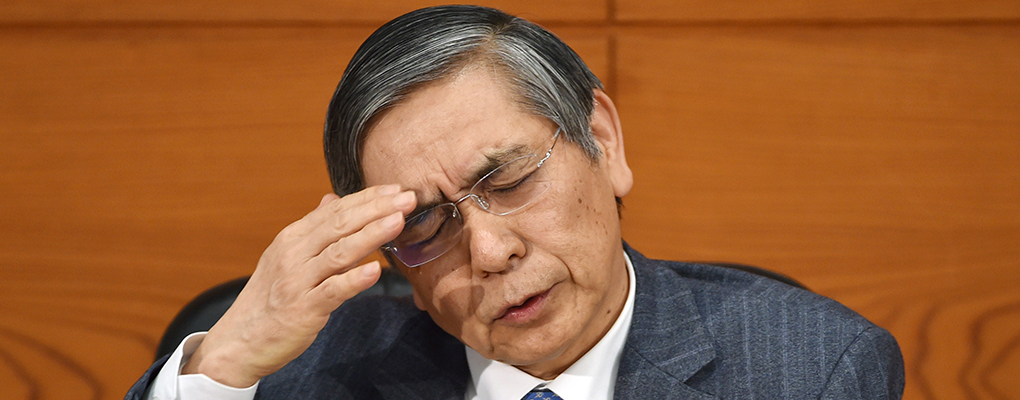
Sinking oil prices and less-than-impressive spending levels have dealt Abenomics yet another blow as the latest government figures indicate that Japan’s core consumer price index has fallen flat. Having escaped a recession in the fourth quarter of last year, Japan’s recovery has struggled for momentum and the numbers mark the first time in almost two years that the CPI has failed to rise.
The findings underline the scale of the task facing a government intent on escaping deflation
Figures show that core CPI, which takes fresh food prices and the effects of the tax hike out of the equation, is far from the central bank’s two percent target and the findings underline the scale of the task facing a government intent on escaping deflation. Headline CPI fell 0.2 percent in February, compared to the month previous, whereas annual inflation was down to 2.2 percent from 2.4 percent. Core CPI, Japan’s go-to gauge in measuring price growth, fell 0.1 percent in the same month and annual inflation tumbled 0.2 percent to two percent.
“While the timelier Tokyo CPI showed inflation holding steady in February, prices are barely rising, abstracting from the impact of the sales tax,” said Marcel Thieliant, Japan Economist at Capital Economics in a research note.
Labour market conditions, meanwhile, remain tight, with price pressure failing to pick up by any significant degrees. And while unemployment was down to the lesser 3.5 percent, from 3.6 percent, most analysts expect the country to expand its stimulus programme in the coming months. “We therefore stick to our view that the Bank of Japan will step up the pace of easing at the end of April in order to prevent low inflation to undermine expectations of future price rises,” says Thieliant.
“If the BoJ steps up the pace easing as we expect, the exchange rate will likely weaken again. This should lift the cost of energy and other imported goods. The upshot is that inflation should start to pick up again in the second half of the year.”


